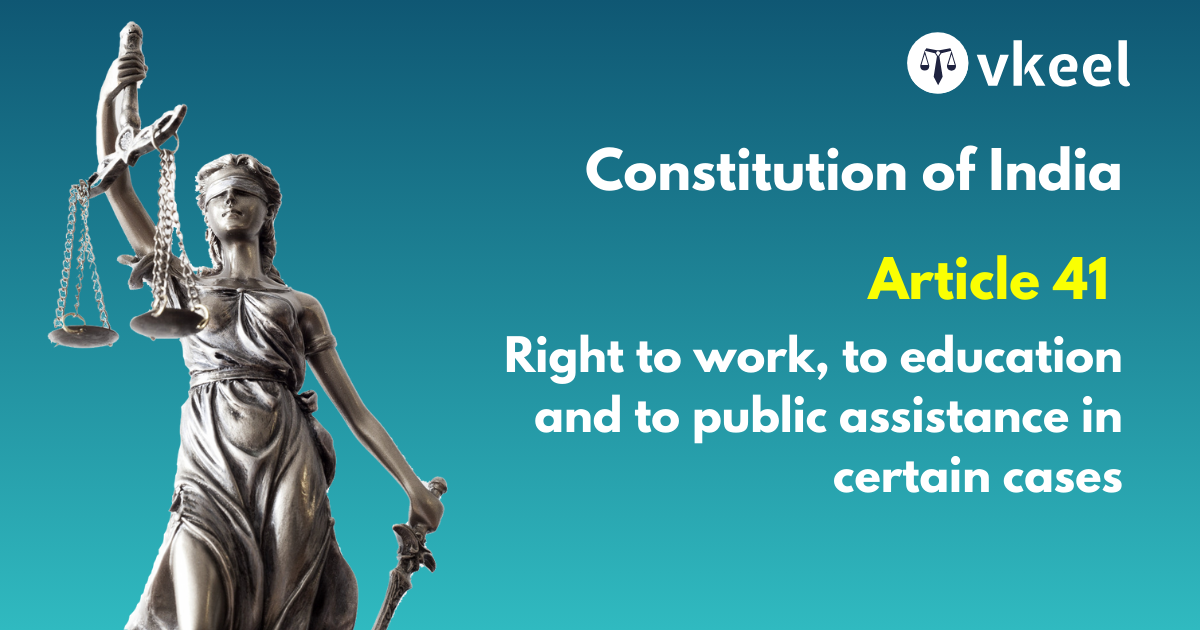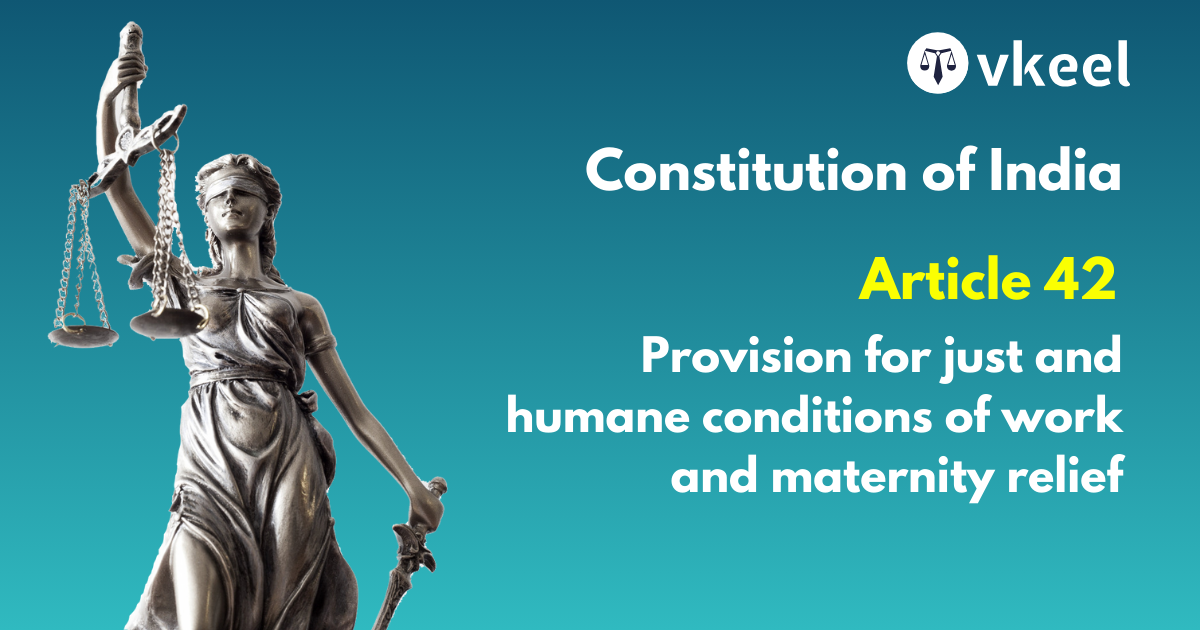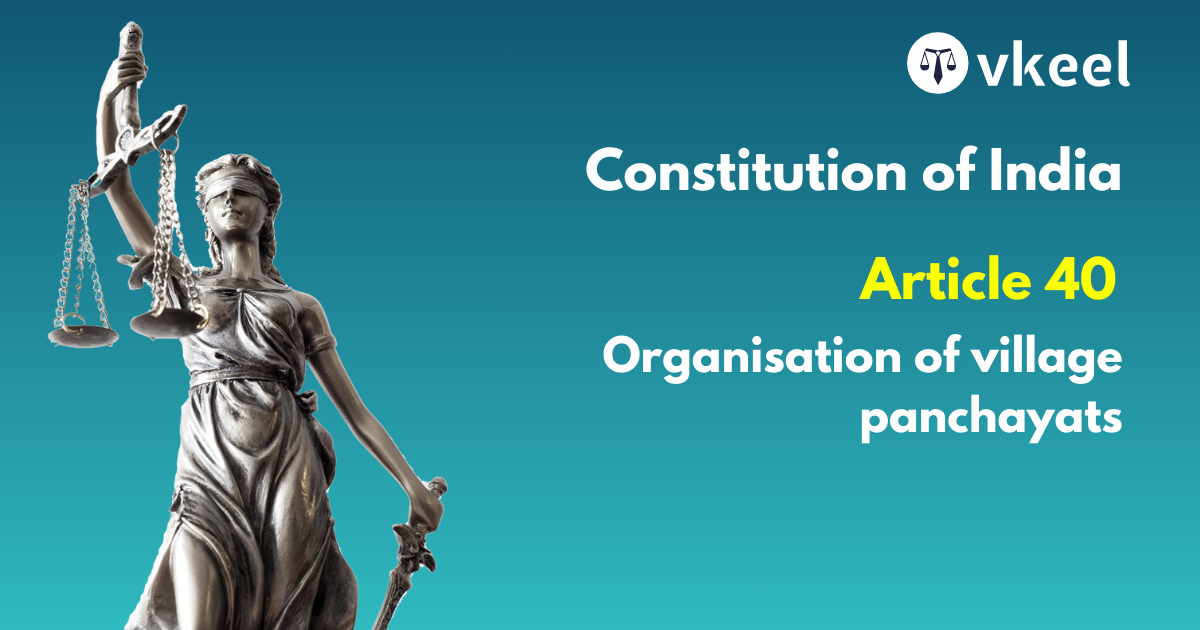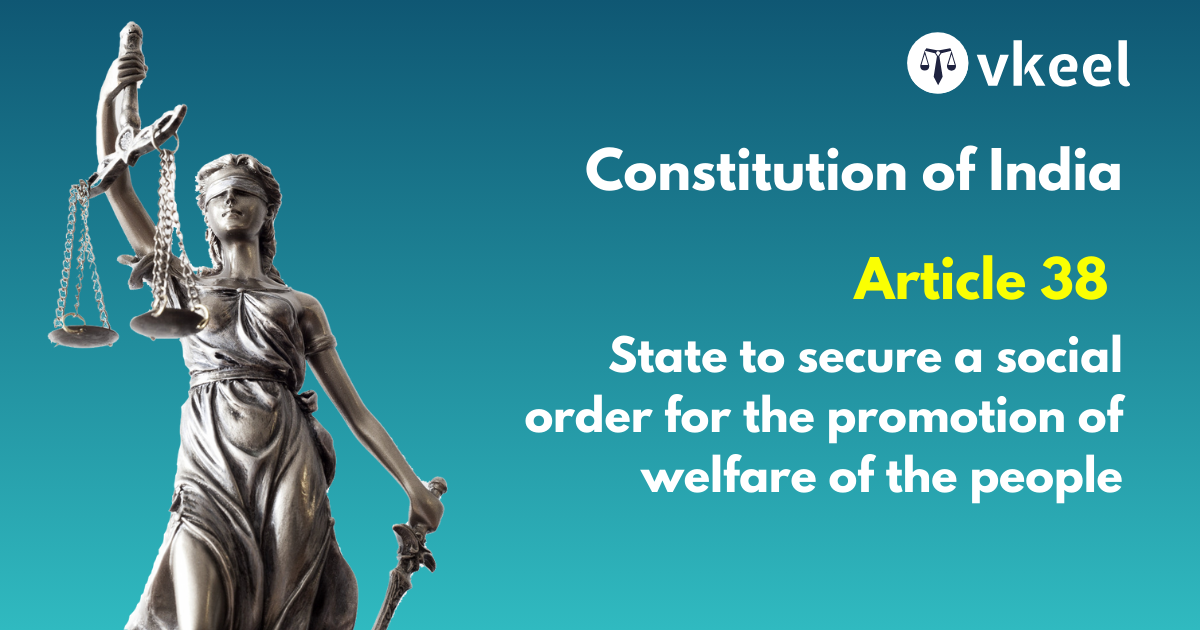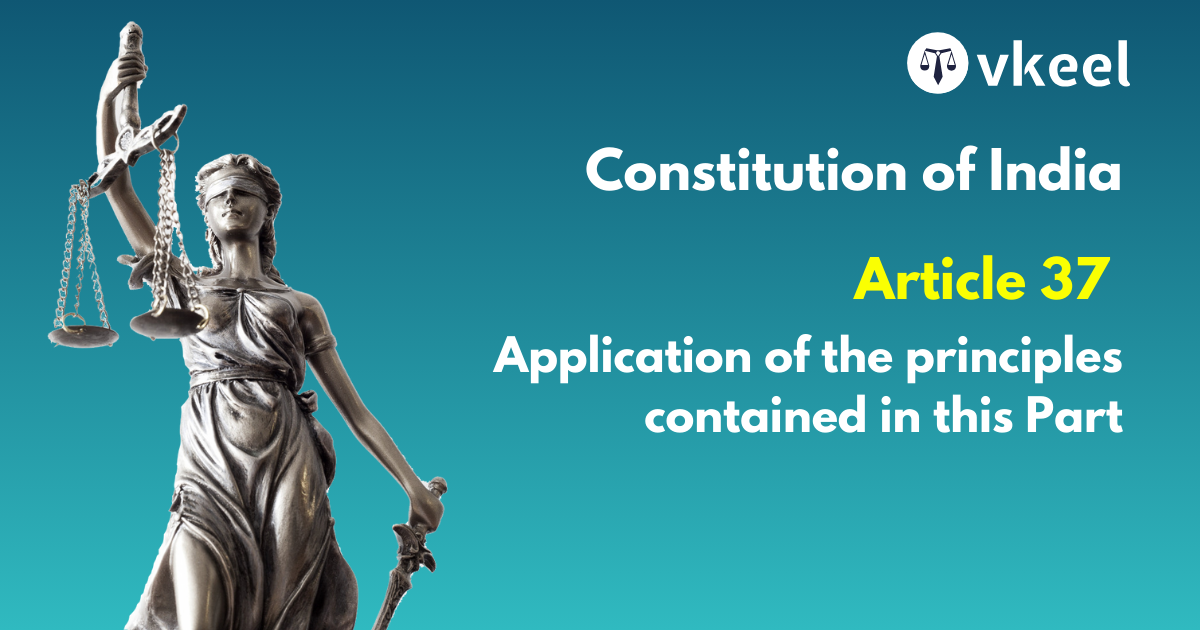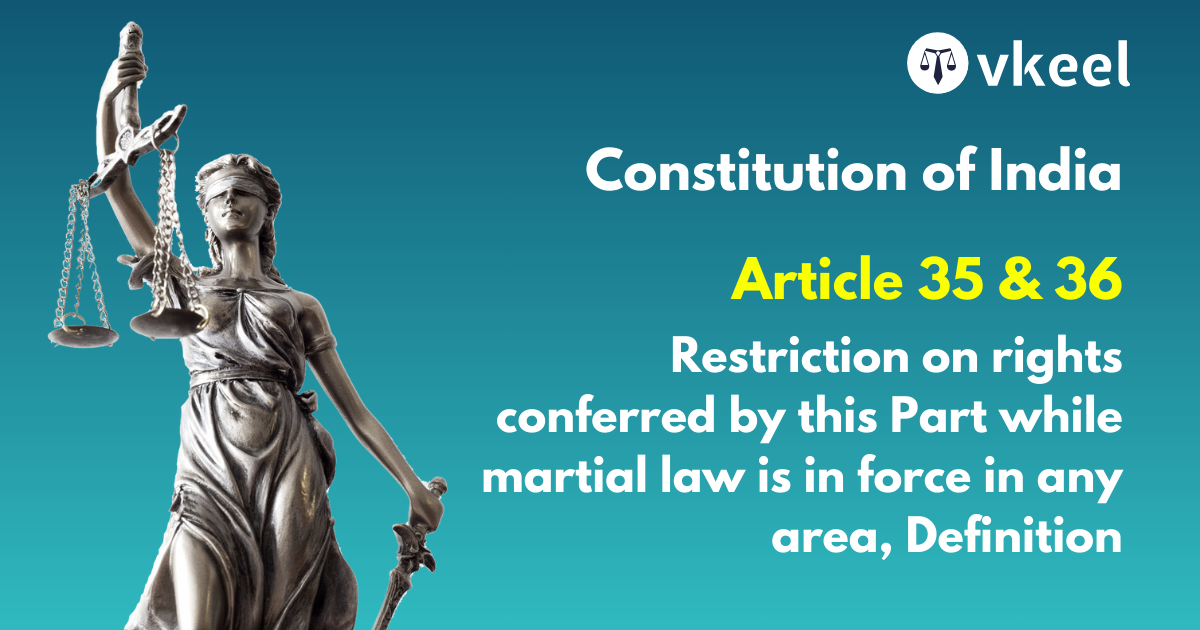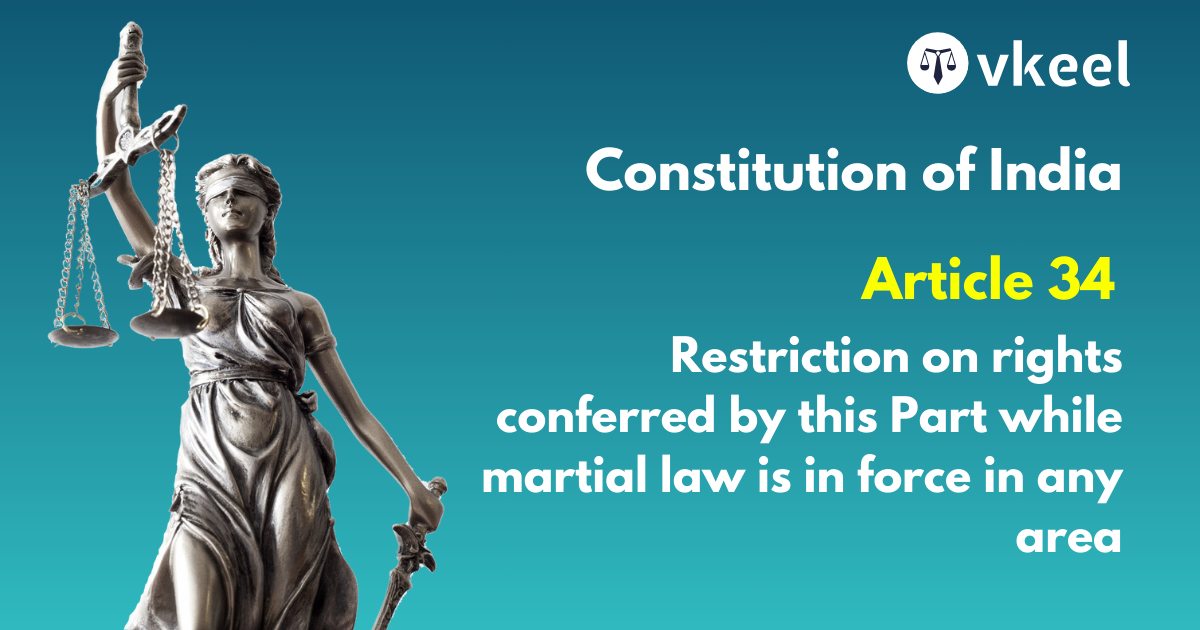Article 41 of the Constitution of India
By Joy Puri
Introduction
Article 41 of the Constitution of India is a part of the Directive Principles of State Policy which are thereby enshrined in Part IV of the Indian Constitution proving to the fundamental principles of policies and therefore aiming at guiding the government in policy-making and legislation to promote social welfare in the society.
Furthermore, the article 41 of the Constitution of India enumerates that for a dignified and equitable society, the people must have access to essential services and economic support in times of need stemming thereof.
However, like all the Directive Principles of State Policy, the Article 41 of the Constitution of India is no Justiciable, which envisages that they can be enforced by the courts of law.
This Article 41 of the Constitution of India preserves the nation’s commitment to a welfare state and values of social justice. It acknowledges the importance of uplifting marginalized communities, reducing poverty, and enhancing the quality of life for all citizens.
Article 41 of the Constitution of India sets a standard for governance in the country which makes it the basis for the legislations which are to be enacted in the country furthermore, encouraging the government to focus on inclusive growth and social security, vital to achieving India’s constitutional vision of a just society thereof.
Article 41 of the Constitution of India
Right to work, to education and to public assistance in certain cases
The State shall, within the limits of its economic capacity and development, make effective provision for securing the right to work, to education and to public assistance in cases of unemployment, old age, sickness and disablement, and in other cases of undeserved want.
Landmark Case Laws
Delhi Development Horticulture Employees Union Vs Delhi Administration, AIR 1992 SC 789
This country has so far not found it feasible to incorporate the right to livelihood as a fundamental right in the Constitution. This is because the country has so far not attained the capacity to guarantee it, and not because it considers it any the less fundamental to life. Advisedly, therefore, it has been placed in the Chapter on Directive Principles. Article 41 enjoins the State to make effective provision for securing the same “within the limits of its economic capacity and development”. Thus even while giving the direction to the State to ensure the right to work, the Constitution-makers thought it prudent not to do so without qualifying it. Persons employed under schemes like the Rozgar Yojana cannot claim regularisation of their employment.
Olga Tellis Vs Bombay Municipal Corporation, AIR 1986 SC 180
If there is an obligation upon the State to secure to the citizens an adequate means of livelihood and the right to work, it would be sheer pedantry to exclude the right to livelihood from the content of the right to life. The State may not be compellable by affirmative action, to provide adequate means of livelihood or work to the citizens. But, any person, who is deprived of his right to livelihood except according to just and fair procedure established by law, can challenge the deprivation as offending the right to life conferred by article 21.
Central Inland Water Transport Corporation Limited Vs Brojo Nath Ganguly, AIR 1986 SC 1571
An adequate means of livelihood cannot be secured to the citizens by taking away without any reason the means of livelihood. The mode of making “effective provision for securing the right to work” cannot be by giving employment to a person and then without any reason throwing him out of employment.
D.V. Kapoor Vs Union of India, AIR 1990 SC 1923
Public employee holding a civil post or office under the State has a legitimate right to earn his pension at the evening of his life after retirement, be it on superannuation or voluntary retirement. It is not a bounty of the State. Gratuity too is a statutory right, earned by him. Article 41 of the Constitution accords right to assistance at old age or sickness or disablement.
D.S. Nakara Vs Union of India, AIR 1983 SC 130
Pension is not only compensation for loyal service rendered in the past, but also has broader significance in that it is a social welfare measure rendering socio- economic justice by providing economic security in the fall of life when physical and mental prowess is ebbing corresponding to ageing process and, when one is required to fall back on savings.
Conclusion
The principle of Article 41 of the Constitution of India, inspires various policies and programs aimed at poverty alleviation, job creation, and improving public health and education.
Over the years, it has influenced welfare initiatives like the Mahatma Gandhi National Rural Employment Guarantee Act and various social welfare schemes, thereby proving the government’s efforts to fulfill these moral obligations in the country for the betterment of the society.
Disclaimer:
The information provided in the article is for general informational purposes only, and is not intended to constitute legal advice or to be relied upon as a substitute for legal advice. Furthermore, any information contained in the article is not guaranteed to be current, complete or accurate. If you require legal advice or representation, you should contact an attorney or law firm directly. We are not responsible for any damages resulting from any reliance on the content of this website.

